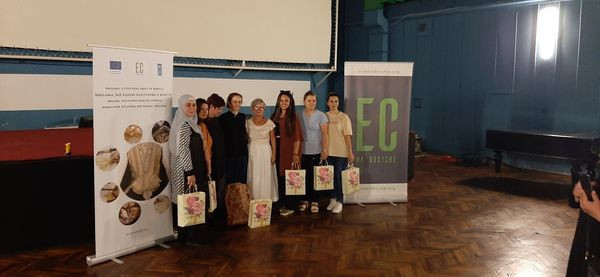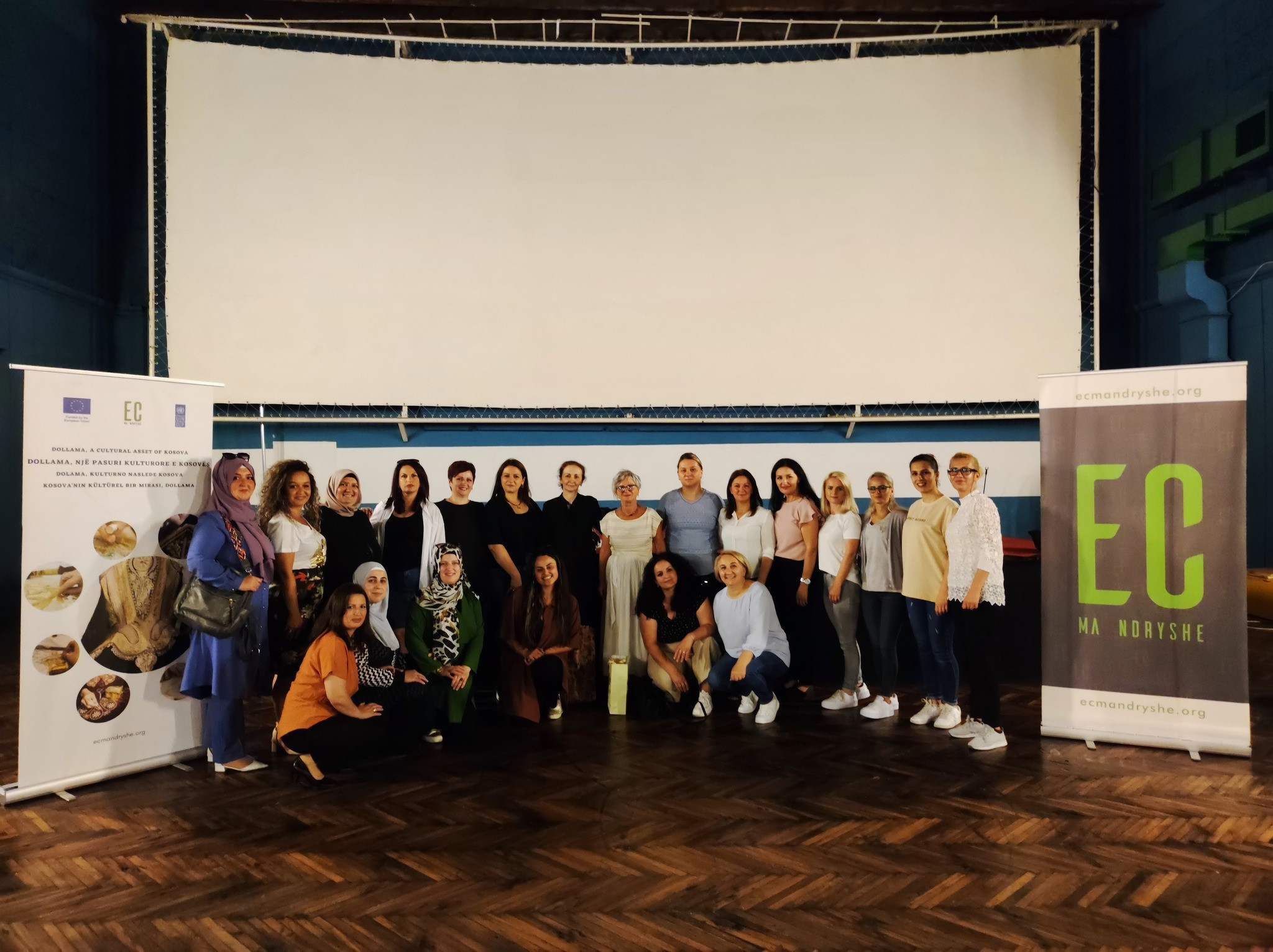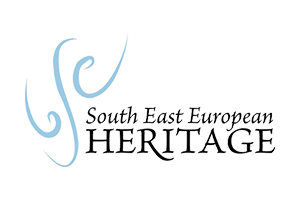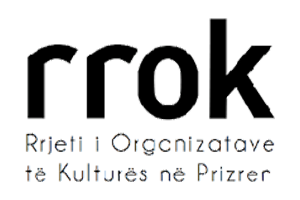Dollama, a cultural asset of Kosovo


The materials for making "dollama" (traditional handmade bridal dresses) have been distributed to the beneficiaries who have been more successful during the training carried out in the first and second cycle of training.
The executive director of EC Ma Ndryshe Mr. Valon Xhabali affirmed that within the project "Dollama, a cultural asset of Kosovo" two trainings were organized with a total of 24 women and girls participating from different communities, in which case the 4 most successful participants would benefit from materials for the work of dollama. According to him, at the end of the training, in coordination with the donor, it was decided to select the 6 most successful participants, who have benefited from the equipment and material for starting work on sewing the dollamas, which can also be sold. Xhabali explained that if this project continues, then the most successful participants will be invited as assistant coaches.
Another added value of the project, according to him, is the creation of an online platform that will serve as a bridge for the sale of products, where the works of participating women and other relevant information will be presented. "The platform will be a type of online store/startup, which will be promoted further, in order to facilitate contact with potential customers in the future", said Xhabali.
The coaches, Mrs. Sebahate Kabashi and Mrs. Zejxhan Celina appreciated the participants for their interest and dedication during the training, in which case according to them the quality work performed made it difficult to select the six beneficiaries. They announced that the selection was made based on several criteria, such as works with more details, that are more precise, cleaner, etc. According to them, all women will be provided with training certificates when the closing conference of the project is held. They also expressed gratitude to EC Ma Ndryshe, UNDP and the Office of the European Union in Kosovo for the initiation and support given to such activities, thanks to which the participants are being given a new work potential by contributing to the continuation of this traditional craft.
The participants of the training have appreciated the commitment of EC in the realization of this project, which according to them is targeted and at the same time they have asked for its continuation, in order to create the opportunity for the training of other women, especially self-supporting mothers. Some of the participants have emphasized that they have already accepted the orders and that they are working at home, while others have found engagement in existing businesses.




